"Susuz Yaz" (Dry Summer) - Exploring Social Conflicts and Human Alienation
'Susuz Yaz' is a 1963 Turkish drama film directed by Metin Erksan, based on a story by Necati Cumalı. The film delves into themes of water scarcity, power struggles, and human alienation in a rural setting. This analysis explores the film's narrative, characters, social impact, and its significance within the context of Turkish cinema.
Synopsis and Production

The film is set in a rural village in Turkey, where two brothers, Osman (Erol Taş) and Hasan (Ulvi Doğan), contend for control over a water source essential for their farmlands. As Osman strives to keep the water for himself, tension arises between him and the other villagers who need the water. The conflict intensifies when Osman sets his sights on Bahar (Hülya Koçyiğit), who is married to his imprisoned brother Hasan. The film's production took place in Bademler, Urla, İzmir, where the story unfolds. The depiction of water scarcity and the struggle for power form the core of the movie's narrative.
Censorship and Recognition
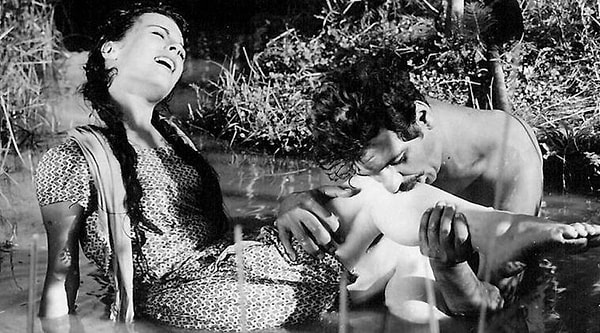
Due to its controversial themes, 'Susuz Yaz' faced censorship hurdles in Turkey. Consequently, its first screening occurred at the Berlin Film Festival in June 1964, where it won the prestigious Golden Bear award, marking Turkey's first international film accolade. The film's success on the global stage helped solidify its significance in the history of Turkish cinema.
Social Impact and Themes
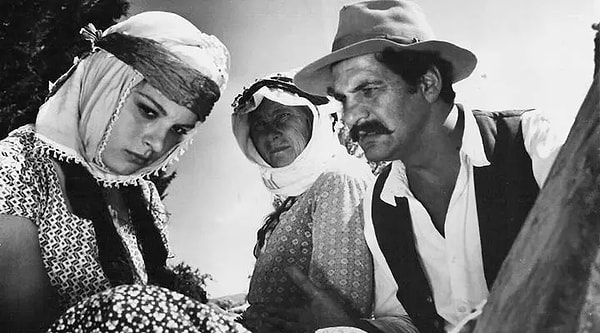
The narrative of 'Susuz Yaz' intertwines multiple themes that reflect both individual and societal struggles. The film portrays the conflict between the ownership of resources and the needs of the community, highlighting the socio-economic dynamics of a society heavily dependent on agriculture. Additionally, the film explores the devaluation and commodification of women within this patriarchal society.
Character Dynamics
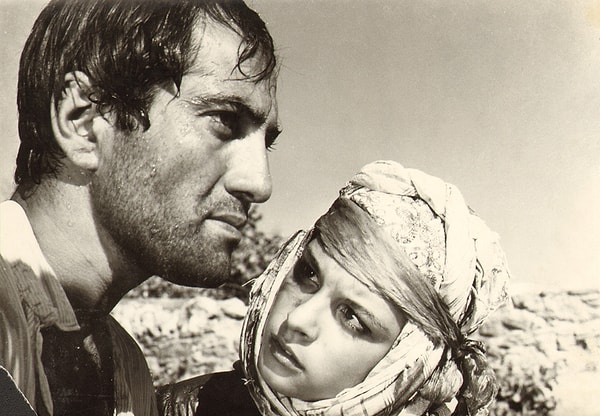
The central characters of Osman, Hasan, and Bahar exemplify the tensions between self-interest and communal welfare. Osman's greed and desire for power set him against the rest of the village, emphasizing the hierarchical power structures. Hasan's imprisonment and Bahar's vulnerability showcase the exploitation of women in a conservative society.
Critique and Interpretation

Despite its socially relevant themes, 'Susuz Yaz' has received criticism for not fully addressing class conflict within its portrayal of power struggles. The film's opening dialogue between the brothers Osman and Hasan underscores the core theme of property ownership. While Osman believes he can control the water as he pleases, Hasan's perspective sheds light on the broader consequences of withholding vital resources from the community.
Legacy and Restoration
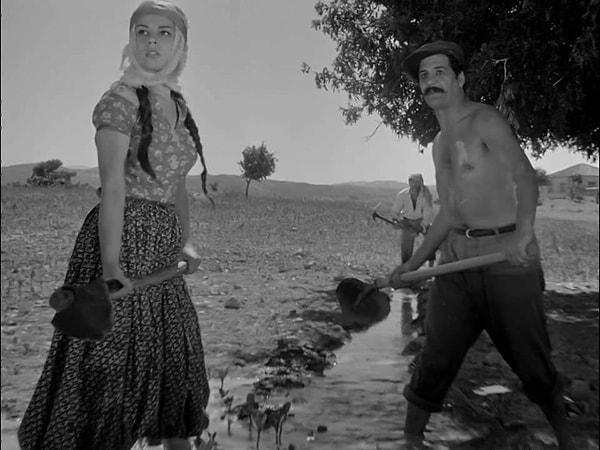
The film has left an enduring mark on Turkish cinema and beyond. In 2013, 'Susuz Yaz' was included in Martin Scorsese's World Cinema Project No. 1 and was re-released on DVD by Criterion Collection. The film's restoration and subsequent screenings have allowed new generations to appreciate its social commentary and storytelling.
A Piece of Cinematic History
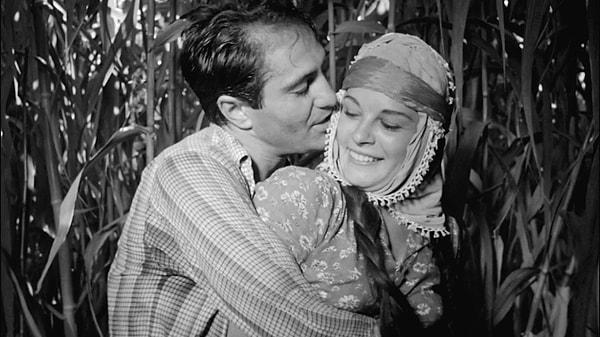
'Susuz Yaz' remains an essential piece of Turkish cinematic history, encapsulating themes of power, resource scarcity, and societal conflict. Its exploration of human alienation and the complex dynamics within a rural community have ensured its lasting impact and relevance in the world of cinema.
Keşfet ile ziyaret ettiğin tüm kategorileri tek akışta gör!


Send Comment